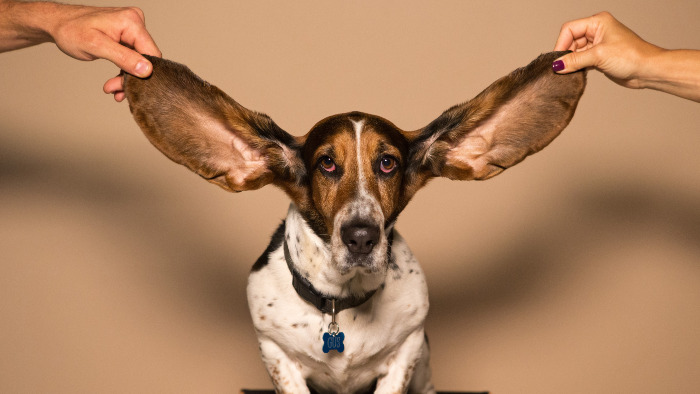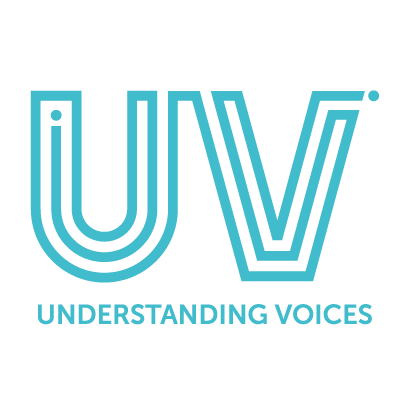LISTENING TO THE VOICES
Some people find it helpful to practice curiosity towards their voices (whilst others might prefer not to know anything about them- everyone is different). Being curious about voices, or listening to them, might mean asking them questions like “How am I/you feeling right now?” “What am I/you thinking about?” “What do I/you need or want at the moment?” Asking questions can help some people figure out what they’re feeling or thinking, and can change the way they see their voices, perhaps seeing them in a different light.

The most helpful thing I have found is to listen to my voices, to stop and listen as normally they’re saying something which is the correct thing to do but I don’t want to do.
At the moment I am trying to learn to dialogue with my voices. My belief is when I or another person speaks to my voices their reply can’t come from me speaking as their voices don’t sound like me so I write down questions and then answer by writing back. I find when my voice get a chance to say what they need to that they are calmer and more caring towards me.
I used lucid dreaming (the act of becoming consciously aware in a dream) to find my voices and ask them what they represent, why I hear them etc.
Recently at my work’s Christmas party (which was large and busy and very noisy) I discovered that I could soothe both myself and my voices by focusing right in on what they are saying. It did mean that I missed a bit of the conversation between people on my table, but it was ultimately beneficial. By listening to them and what they needed I was able to work out why I was so stressed and in turn helped myself to feel calmer. My voices got less intrusive and stopped telling me that I had to hurt myself or someone else, and I was then able to refocus on the room and what other people were talking about. It didn’t take too long and I don’t think people really noticed me listening and reassuring my voices as I can now talk to them in my head.
Find out more
Read
Compassion for Voices. A website to support and promote compassionate approaches to voices and other experiences.
Voice Dialogue. A website produced by the team behind Voice Dialogue UK, which outlines the processes by which some people may tune in to their different selves.
Watch
King’s Cultural Community (2015). Compassion for Voices: a tale of courage and hope. Youtube.
The voices in my head: a TED talk by Eleanor Longden.




